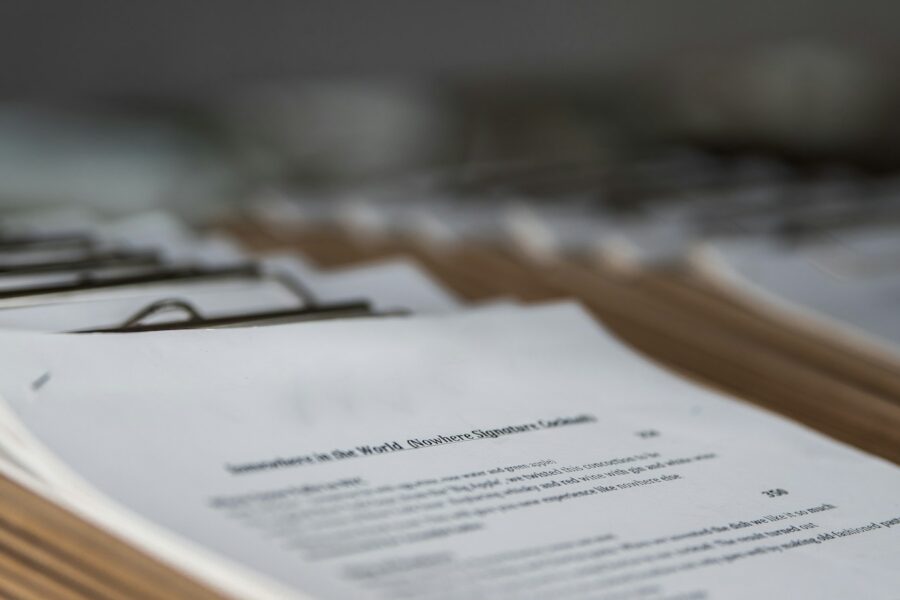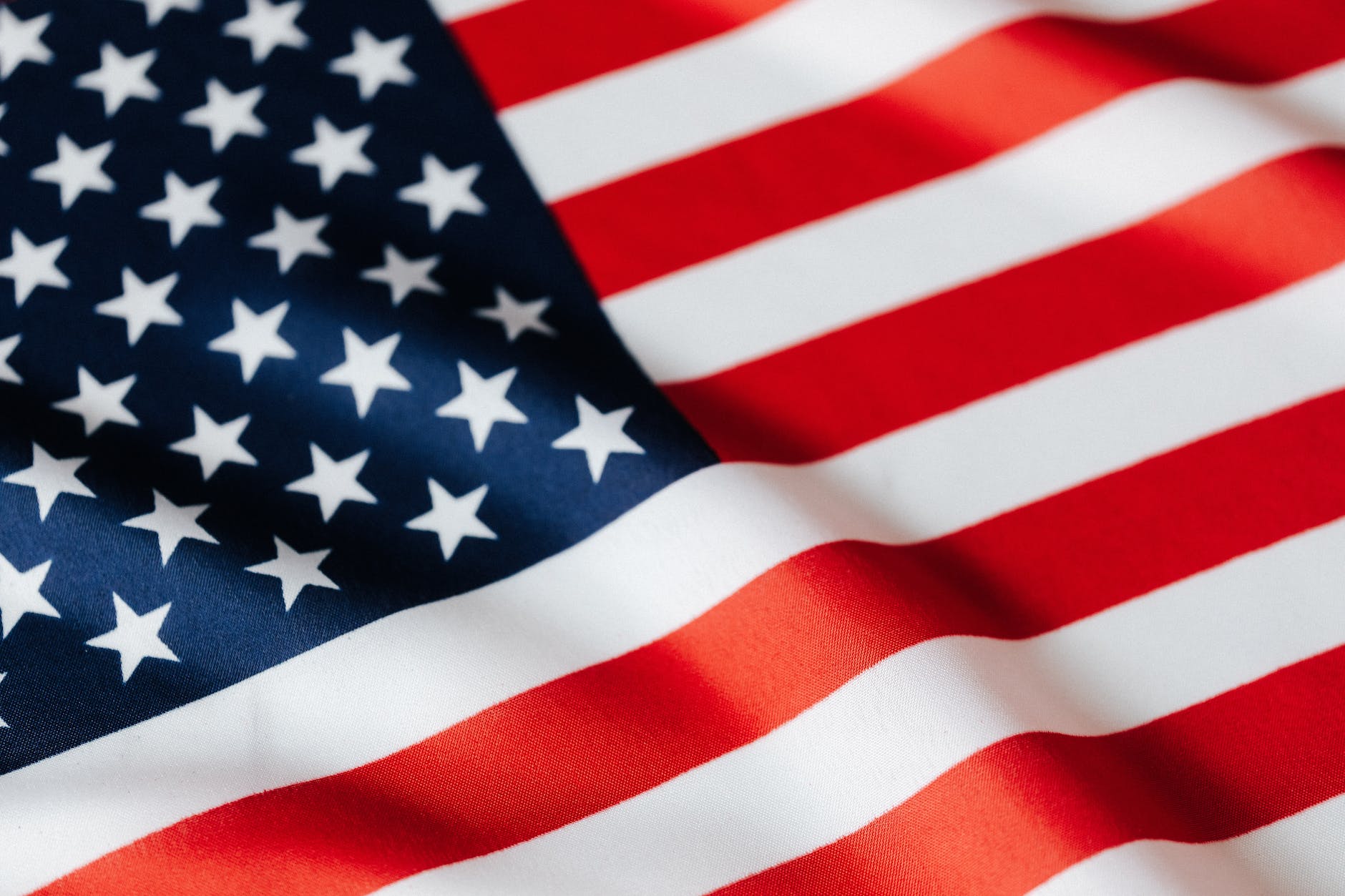What is Country of Origin Information?
In my years of writing on global trade and international relations, I’ve come to understand the depth and complexity of Country of Origin Information (COI). Let me share what I’ve learned about COI and why it’s more than just a tag on your clothing or a sticker on your food.
At its core, COI isn’t just about where a product is made. It encompasses the fabric of the product’s heritage, including the craftsmanship, industry standards, and labor practices of the country where it was produced. This information plays a significant role in the global market, influencing not only consumer preference but also trade regulations and economic policies.
When you think about COI, it’s essential to recognize its dual role in the marketplace:
- Consumer Trust: Knowing a product’s origin can significantly affect my purchasing decisions, as well as those of countless others. It’s not just about national pride but about understanding the quality and standards behind the product. For instance, electronics from Japan or fashion from France carry a reputation that influences buyer behavior.
- Regulatory Compliance: For businesses, COI is critical for adhering to international trade laws. Products entering or leaving a country must meet specific standards, and COI helps customs officials determine if these requirements are met. This compliance is crucial for avoiding hefty fines and maintaining a good standing in global markets.
The importance of COI extends beyond the label. It’s a testament to a product’s journey from conception to consumption. As consumers become more conscious of their purchases, the demand for transparent COI is growing. This call for clarity isn’t just a trend; it’s a movement towards more informed and ethical consumption.
Exploring the COI world can be tricky, but understanding its fundamental significance is the first step. As we investigate deeper into the realms of global trade and consumption patterns, I encourage readers to ponder the impact of COI on their daily choices and the broader economic ecosystem.
The Importance of COI in Product Labeling
When I investigate into the intricate world of product labeling, I can’t help but highlight the pivotal role of Country of Origin Information (COI). It’s not merely about compliance; it’s about accountability and transparency in the global marketplace. As I’ve come to understand, COI isn’t just a label—it’s a story about each product’s journey from conception to consumption.
In the context of UK immigration, the significance of COI extends even further. Those moving to the United Kingdom, or dealing with United Kingdom immigration matters, often encounter products from around the globe. Knowing a product’s origin is crucial for consumers who wish to make informed decisions aligned with their values, be it for ethical, environmental, or quality reasons.
But why exactly is COI so crucial in product labeling? Here are a few compelling reasons:
- Consumer Trust: Consumers today are more knowledgeable and have higher expectations. They demand to know where their products come from, who made them, and under what conditions. Displaying COI on product labels meets this demand, building trust between consumers and brands.
- Compliance with Trade Regulations: For businesses, adhering to international trade laws and regulations is non-negotiable. The COI aids in exploring the complex web of trade agreements and avoiding potential fines or sanctions.
- Promotion of Ethical Practices: By emphasizing COI, companies signal their commitment to ethical labor practices and environmental responsibility. This not only appeals to a growing eco-conscious consumer base but also fosters a more sustainable global market.
- Influence on Purchasing Decisions: It’s fascinating to observe how COI can sway buyer behavior. A product’s origin can serve as a hallmark of quality or craftsmanship, influencing consumers’ purchasing decisions and allowing them to shop in line with their personal beliefs and preferences.
As someone deeply engaged in dissecting the nuances of global trade and consumer behavior, I find the evolution of COI in product labeling to be a remarkable testament to our interconnected world. It underscores a collective move towards greater transparency, accountability, and ethical consideration, reshaping the way we think about the products we buy and the stories they tell.
The Role of COI in Consumer Trust
As I’ve navigated the complexities of UK immigration and learned more about the importance of transparency in all aspects of life, including the products we choose, the concept of Country of Origin Information (COI) has continually emerged as a critical factor. Within the United Kingdom immigration context, adapting to new regulations and cultural norms includes understanding the origins of products we consume daily. It’s about aligning our values with our consumer habits, a practice that deeply resonates with me and many others making the UK their home.
The trust between consumers and brands is fragile, and the transparency provided by COI plays a pivotal role in maintaining this delicate balance. Knowing where and how a product is made helps me and other consumers connect with brands on a level that goes beyond mere transactions. It’s about fostering a relationship built on mutual respect and ethical responsibility. For those of us concerned with sustainability and ethical production, COI isn’t just information—it’s a reassurance that our values align with the brands we support.
Also, as the global marketplace becomes increasingly interconnected, the reliance on COI for making informed purchasing decisions has intensified. This is especially true for individuals involved in the UK immigration process, as we seek to understand and integrate into a new culture while maintaining our commitment to responsible consumption. The ability to quickly identify the origin of products enables us to make decisions that reflect both our personal values and respect for international trade practices.
In modern digital era, where information is readily available, consumers expect transparency. The significance of COI extends beyond compliance with trade regulations; it’s a vital component of building consumer trust. By prioritizing COI, brands not only comply with legal standards but also demonstrate their commitment to transparency, ethical practices, and consumer respect. For those of us immersed in the process of United Kingdom immigration, understanding the role COI plays in building consumer trust helps us navigate our new environment with confidence, ensuring that our purchasing decisions reflect our values and support a more transparent, accountable, and ethical global marketplace.
COI and Regulatory Compliance
When delving into the intricacies of United Kingdom immigration, I’ve come to realize how essential Country of Origin Information (COI) is, especially in terms of regulatory compliance. COI isn’t just about knowing where a product comes from; it’s a crucial element in ensuring that products entering the UK adhere to strict standards and regulations.
In my research, I found that COI plays a pivotal role in the importation process. Products coming into the UK must comply with a myriad of regulations that cover everything from safety standards to environmental impact. For instance, food products are subject to stringent health and safety checks, and without clear COI, they can’t be approved for entry. This is where COI becomes indispensable for businesses and consumers alike. It acts as a guarantee that the products meet the UK’s high standards.
Also, for businesses involved in United Kingdom immigration, understanding the COI requirements is fundamental. It’s not just about ensuring product compliance; it’s about building trust with consumers and authorities alike. I’ve observed that companies that prioritize COI in their operations tend to navigate the UK’s regulatory world more smoothly. They experience fewer hiccups with customs, face fewer legal challenges, and build stronger reputations.
Also, COI’s impact on regulatory compliance extends to ethical considerations. Products that have clear and transparent COI are often linked to ethical sourcing and labor practices. Consumers, especially those exploring the complexities of UK immigration, are becoming increasingly conscious of their purchases’ ethical implications. They want to support brands that not only comply with regulations but also align with their values.
Understanding COI’s role in regulatory compliance has taught me that it goes beyond mere legal obligation. It’s about commitment to quality, transparency, and ethical responsibility. As I continue to explore the world of United Kingdom immigration, I’m convinced that COI will remain a critical component for anyone looking to introduce products into the UK market.
The Impact of COI on Global Trade
In the dynamic world of global trade, Country of Origin Information (COI) stands as a pivotal factor that goes beyond mere compliance; it’s a catalyst for trust and ethical business practices. As someone deeply involved in understanding the nuances of United Kingdom immigration, I’ve realized how COI isn’t just a label but a narrative that influences decision-making at every level.
For businesses looking to navigate the complexities of UK immigration and trade laws, COI offers a bridge to understanding market expectations and regulatory requirements. It’s not just about where a product comes from; it’s about the story it tells and the values it represents. This has profound implications for companies aiming to enter or expand within the UK market.
| Aspect | Impact on Global Trade |
|---|---|
| Consumer Trust | Increases |
| Ethical Standards | Promotes |
| Regulatory Compliance | Facilitates |
| Market Access | Enhances |
In a marketplace where consumers are increasingly conscious of their purchasing decisions, COI acts as a trust certificate. It reassures buyers about the quality, ethics, and origins of their purchases, aligning consumer habits with personal values. This is particularly significant for individuals considering UK immigration, as it’s an additional layer of assurance that they’re supporting brands that adhere to ethical practices and sustainable sourcing.
Also, COI impacts global trade by enforcing transparency. As I investigate deeper into the implications of COI, it’s clear it encourages brands to be more open about their supply chains, fostering a culture of accountability. This shift towards greater transparency isn’t just beneficial for consumers; it plays a crucial role in shaping trade policies and relationships. With accurate COI, businesses can avoid potential legal pitfalls and smoothly navigate the intricate web of international trade regulations, ensuring that their products are welcomed in foreign markets, including the UK.
Understanding the importance of COI in the context of global trade and UK immigration has made me appreciate the interconnectedness of commerce, ethics, and regulation. It underscores the fact that in today’s global marketplace, information is power, and COI is the key to revealing that power.
Conclusion
Exploring the complexities of today’s global marketplace demands a deep understanding of Country of Origin Information. I’ve seen firsthand how COI not only meets compliance but elevates consumer trust and ethical practices to new heights. It’s clear that in the area of UK immigration and beyond, COI is indispensable for aligning consumer values with their purchasing habits. This insight into the origin of products reassures consumers about the ethical stance and transparency of the brands they support. As we move forward, prioritizing COI will be crucial for brands aiming to foster trust and navigate the regulatory world successfully. The story behind a product and the values it represents can significantly influence consumer decisions. By embracing COI, businesses not only comply with regulations but also tell a story that resonates with ethical consumers worldwide. It’s more than compliance; it’s about building a future where trust and ethical practices are at the forefront of global trade.


Leave a Comment